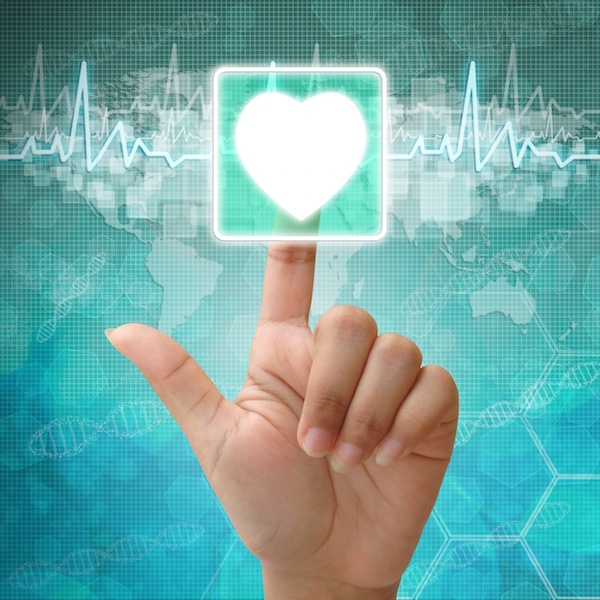
THURSDAY, Oct. 9, 2014 (HealthDay News) — Although food allergies have garnered a lot of attention lately, a new study reports that medications are actually the biggest cause of sudden deaths related to allergy.
Over a little more than a decade, nearly 60 percent of the allergy-related deaths were caused by medications, while less than 7 percent were caused by food allergies, the study found.
“Medications can be dangerous,” said study researcher Dr. Elina Jerschow, director of the Drug Allergy Center at Montefiore Medical Center and assistant professor of medicine at Albert Einstein College of Medicine, in New York City.
While research from other countries has reported medications as a major culprit in anaphylaxis-related deaths, Jerschow said, the problem has been less defined in the United States. One reason is that there is no national registry for anaphylaxis deaths, she said.
The study was published online recently in the Journal of Allergy and Clinical Immunology.
In an allergic reaction, the immune system overreacts to an allergen, releasing chemicals that cause symptoms in one area of the body, such as hives or an itchy feeling in the mouth or throat, according to the American Academy of Allergy, Asthma and Immunology (AAAAI). In a serious reaction, known as anaphylaxis, the reaction affects more of the body and may include symptoms such as difficulty breathing, wheezing or throat swelling, the AAAAI reports.
Anaphylaxis is a life-threatening emergency, according to the AAAAI. An injection of a medication called epinephrine is needed to help reverse these symptoms, the AAAAI said.
The United States and Australia have some of the highest rate of severe anaphylaxis in countries that are developed, according to background information in the study.
For the new study, Jerschow’s team analyzed death certificates from the U.S. National Mortality Data Base from 1999 to 2010. The researchers found almost 2,500 deaths related to anaphylaxis, and then tried to determine what caused the reaction.
The most common cause was medication, which was implicated in nearly 59 percent of the deaths. About 19 percent of death certificates did not specify a cause. Food accounted for just under 7 percent of deaths. Another 15 percent of deaths were due to venom from an insect bite or sting, according to the study.
The drug that caused the reaction wasn’t identified in 75 percent of the deaths. When the responsible drug was identified, it was an antibiotic in 40 percent of the cases, Jerschow found. The next most common allergy-inducing drugs were radiocontrast agents, which are used during diagnostic imaging tests, followed by chemotherapy medications to treat cancer, the study reported.
From 1999 to 2010, the number of fatal drug reactions nearly doubled, according to the researchers.
This increase could be due to more medications use, more tests with contrast material, better diagnosis, and to some degree, coding changes entered by hospital personnel, according to the study.
Those most at risk of having a fatal anaphylactic reaction were older adults and blacks, the study found.
The study numbers don’t surprise Dr. Wally Ghurabi, chief of emergency medicine at Santa Monica-UCLA Medical Center.
If such allergic reactions happen within the hospital, the situation is typically safer, because lifesaving treatments are at hand, he said.
If the reaction occurs at home, getting to a hospital as soon as possible is crucial, Ghurabi said.
It’s also important to know the symptoms of a serious allergic reaction, he said. These could include swelling, wheezing, shortness of breath, hives and passing out, according to the AAAAI.
The severity of a reaction cannot be predicted, Ghurabi said. However, some people are more prone to more serious reactions, such as anyone who has had a serious allergic reaction in the past. Those who are prone to allergic reactions should talk to their doctor about getting epinephrine kits and keeping them in their car, their bag and at home, he said.
And, be sure the kit contents are current and not expired, he said. People also need to learn how to use the injection kits. “I’ve seen people inject it the wrong way,” he said. “The time to learn is not when you have the allergic reaction.”
Instead, Ghurabi said, when you fill the prescription, learn from the pharmacist exactly what you need to do to use it properly.
If you, or someone you know is having a serious allergic reaction, the AAAAI advises using injectable epinephrine and calling 911 for emergency help.
More information
To learn more about anaphylaxis, see American Academy of Allergy Asthma and Immunology.
Copyright © 2026 HealthDay. All rights reserved.

